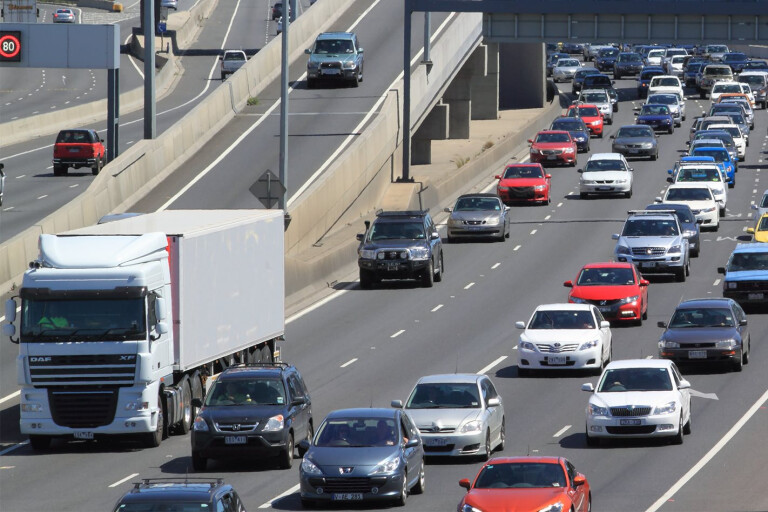
ROAD deaths in Australia have risen for the first seven months of this year, a trend matched in several other countries despite carmakers’ best efforts to build class-leading safety into the vehicles they sell.
Figures from the Department of Infrastructure and Regional Development show that 676 people have died on our roads, compared with 654 over the same period last year – a 3.3 percent increase.
In the US, the number of road deaths is on track to record its highest figure since 2007, up more than 14 percent on the previous year despite the big advances in car safety aimed at avoiding collisions.
In New Zealand, the road toll has soared 27 percent to 108, the latest figures show. In Portugal, the toll has risen almost 10 percent over the first eight months of this year, while in nearby France, roads authorities are introducing new safety measures after a 3.5 percent jump in fatalities.
There’s a similar pattern in Germany, with the number of deaths rising over the first six months of the year.
In Australia, the annual road toll has almost halved over the past 25 years, according to the International Traffic Safety Data and Analysis Group, the transport safety division of the Organisation for Economic Co-operation and Development.
Monash University Accident Research Centre associate professor Stuart Newstead said the small rise in Australia’s road toll so far this year was not significant enough to cause alarm.
“From what we’ve seen so far it looks like a statistical anomaly,” Newstead said.
“I don’t think we’re heading for panic stations at this stage – we’re only marginally above where it was last year, which is not really that far outside of the broader trend that we’ve had.
“Even just maintaining the status quo in the face of a rising population and increasing travel is actually quite an achievement in itself, which might sound strange, but in fact it is true that if you did nothing you would go backwards at the rate of population and travel growth.”
Professor Newstead said there was no magic bullet on the horizon that would reduce fatalities as significantly as past innovations such as airbags and electronic stability control.
A long run of low fuel prices since the 2008 global financial crisis has been blamed for the rising toll in the US, by encouraging drivers to use their cars more – increasing the risk of a collision.
Carmakers such as Volvo, which has set itself a 2020 deadline to engineer and sell an uncrashable car, are building more safety technology into vehicles to help drivers avoid, or at least minimise, the risk of a life-threatening collision.
However, a recent JD Power study in the US revealed while the car brands were pouring billions of dollars into the development of technology designed to help drivers, one in five owners had never used it.

COMMENTS